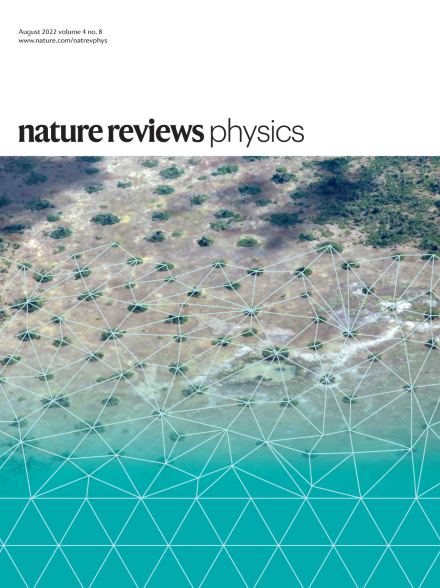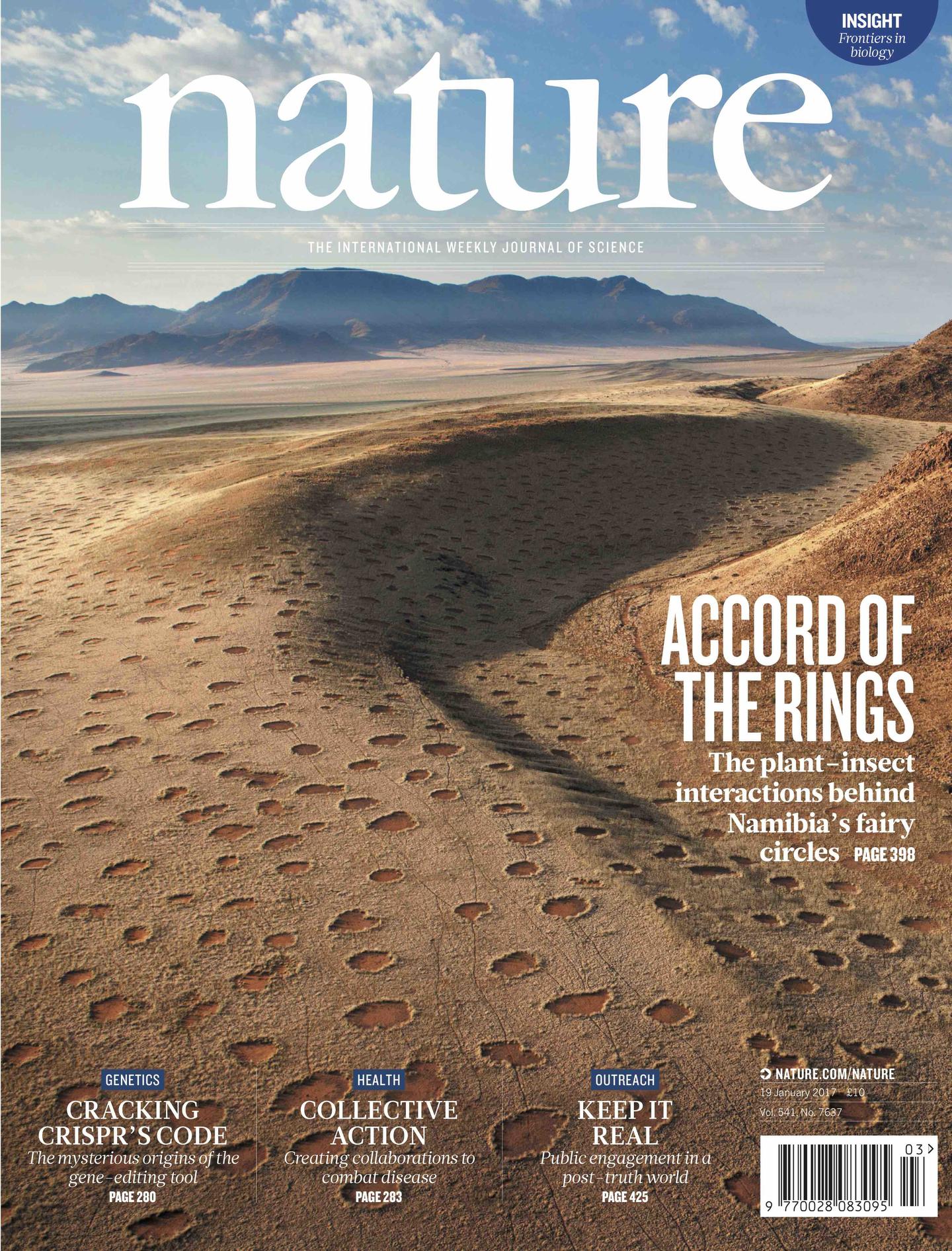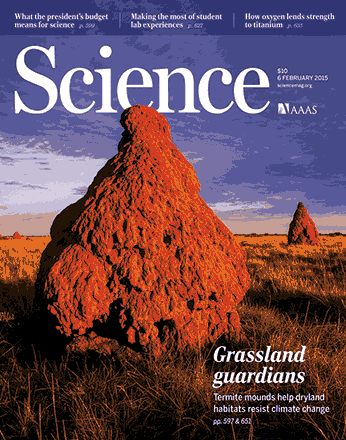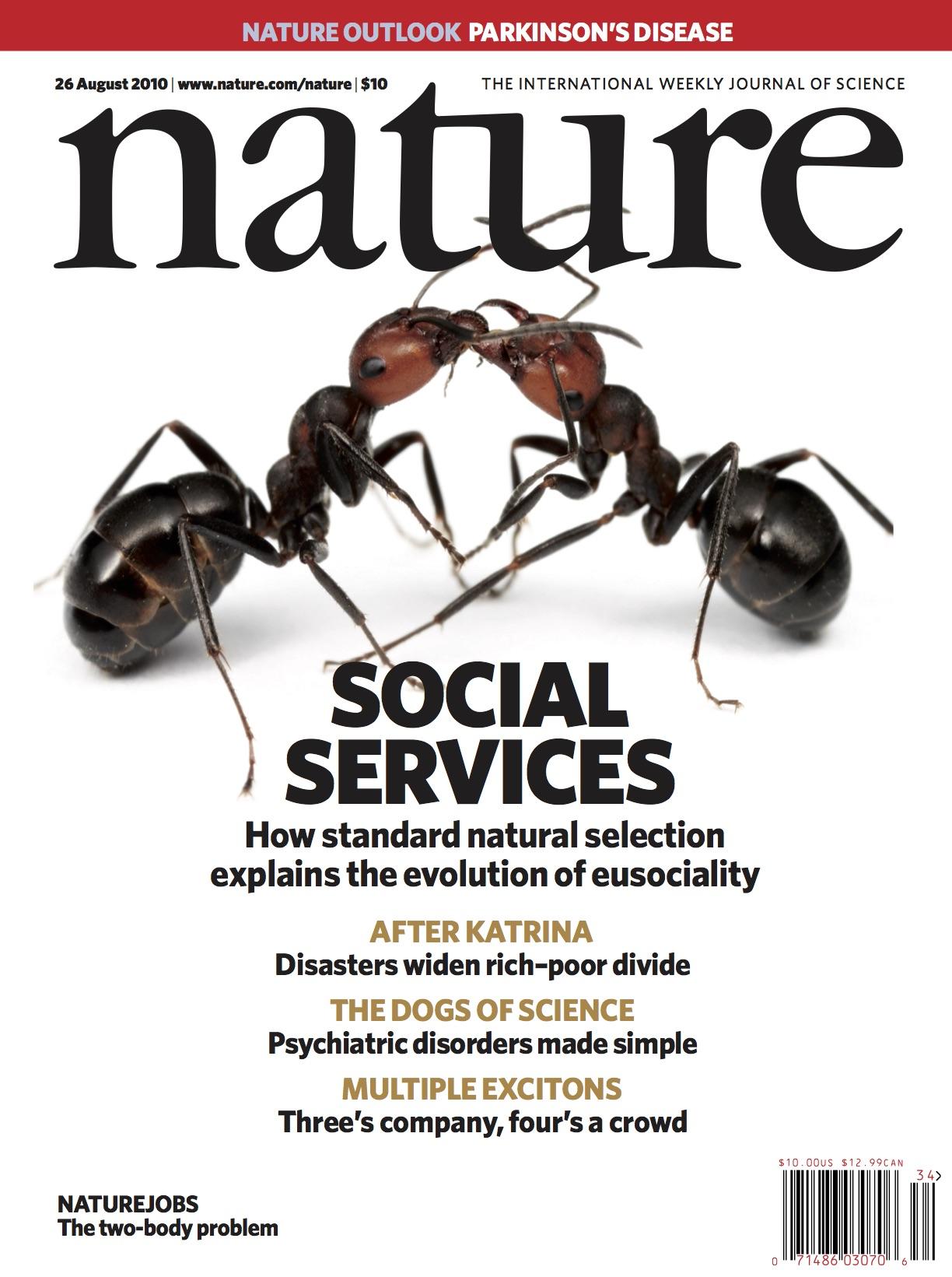Working Papers
Ellingsen et al. “Civic Capital in Two Cultures: The Nature of Cooperation in Romania and USA..” (2013): n. pag. Print.
2025
Tarnita, Corina E., and Arne Traulsen. “Reconciling Ecology and Evolutionary Game Theory or ‘When Not to Think cooperation’.” PNAS 122.14 (2025): n. pag.
2024
Kawakatsu, Mari et al. “When Do Stereotypes Undermine Indirect Reciprocity?.” PLoS Comp Biol (2024): n. pag.
Michel-Mata, Sebastian et al. “The Evolution of Private Reputations in Information-Abundant Landscapes.” Nature 634 (2024): 883–889.
Staps, Merlijn, CE Tarnita, and Mari Kawakatsu. “Ecological Principles for the Evolution of Communication in Collective Systems.” Proc. R. Soc. B 291 (2024): n. pag.
Tarnita, Corina E. “Self-Organization in Spatial Ecology.” Current Biology 34.20 (2024): R965-R970.
2023
Kessinger, Taylor, Corina E. Tarnita, and Joshua Plotkin. “Evolution of Norms for Judging Social Behavior.” PNAS 120.24 (2023): n. pag. Print.
Martinez-Garcia, Ricardo et al. “Integrating Theory and Experiments to Link Local Mechanisms and Ecosystem-Level Consequences of Vegetation Patterns in Drylands.” Chaos, Solitons and Fractals 166 (2023): n. pag. Print.
Staps, Merlijn et al. “Development Shapes the Evolutionary Diversification of Rodent Stripe Patterns.” PNAS 120.45 (2023): e2312077120.
2022
Martinez-Garcia, Ricardo, CE Tarnita, and Juan A. Bonachela. “Spatial Patterns in Ecological Systems: From Microbial Colonies to Landscapes.” Emerging Topics in Life Sciences https://doi.org/10.1042/ETLS20210282 (2022): n. pag. Print.
Rossine, Fernando et al. “Structured Foraging of Soil Predators Unveils Functional Responses to Bacterial Defenses.” PNAS 119.52 (2022): n. pag. Print.
Staps, Merlijn, and CE Tarnita. “When Being Flexible Matters: Ecological Underpinnings for the Evolution of Collective Flexibility and Task Allocation.” PNAS 119.18 (2022): e2116066119. Print.
Staps, Merlijn, Jordi Gestel, and CE Tarnita. “Life Cycles As a Central Organizing Theme for Studying Multicellularity.” The Evolution of Multicellularity. Boca Raton: CRC Press, 2022. Print.
Strogatz, Steven et al. “Fifty Years of ‘More Is different’.” Nature Reviews Physics (2022): n. pag.
2021
Castillo Vardaro, Jessica et al. “Resource Availability and Heterogeneity Shape the Self-Organization of Regular Spatial Patterning.” Ecology Letters https://doi.org/10.1111/ele.13822 (2021): n. pag.
Coverdale, Tyler et al. “Large Herbivores Suppress Liana Infestation in an African Savanna.” PNAS 10.1073/pnas.2101676118 (2021): n. pag.
Kawakatsu, Mari et al. “Interindividual Cooperation Mediated by Partisanship Complicates Madison’s Cure for ‘mischiefs of faction’.” PNAS 118 (2021): e2102148118.
Tokita, Christopher K., Guess, and CE Tarnita. “Polarized Information Ecosystems Can Reorganize Social Networks via Information Cascades.” PNAS 118 (2021): e2102147118.
Ulrich, Yuko et al. “Response Thresholds Alone Cannot Explain Empirical Patterns of Division of Labor in Social Insects.” PLoS Biology 19.6 (2021): e3001269.
2020
Baker, CCM et al. “Spatial Patterning of Soil Microbial Communities Created by Fungus-Farming Termites.” Molecular Ecology 29 (2020): 4487–4501.
Pourtois, Julie, Corina E. Tarnita, and Juan A. Bonachela. “Impact of Lytic Phages on Phosphorus- Versus Nitrogen-Limited Marine Microbes.” Frontiers in Microbiology (Aquatic Microbiology) (2020): n. pag. Print.
Rossine, Fernando et al. “Eco-Evolutionary Significance of ’loners’.” PLoS Biology (2020): n. pag. Print.
Staps, Merlijn, and CE Tarnita. “How Geometry Shapes Division of Labor.” eLife 9:e63328 (2020): n. pag. Print.
Tokita, Christopher, and CE Tarnita. “Social Influence and Interaction Bias Can Drive Emergent Behavioural Specialization and Modular Social Networks across Systems.” J. R. Soc. Interface (2020): n. pag. Print.
2019
Atkins, Justine et al. “Cascading Impacts of Large-Carnivore Extirpation in an African Ecosystem.” Science 364 (2019): 173–177.
Stalmans, Marc et al. “War-Induced Collapse and Asymmetric Recovery of Large-Mammal Populations in Gorongosa National Park, Mozambique.” PLoS ONE 14.3 (2019): e0212864.
Staps, Merlijn, Jordi Gestel, and Corina E. Tarnita. “Emergence of Diverse Life Cycles and Life Histories at the Origin of Multicellularity.” Nature Ecology & Evolution (2019): n. pag.
2018
Tarnita, Corina E. “Fast Evolution Unlocks Forbidden Communities.” Nature Ecology & Evolution 2 (2018): 1525–1526.
Tarnita, Corina. “Termite Patterning at Multiple Scales.” Current Biology 28 (2018): R1382–R1405.
Ulrich, Yuko et al. “Fitness Benefits and Emergent Division of Labour at the Onset of Group Living.” Nature 560 (2018): 635–638.
2017
Gestel, Jordi, and Corina E. Tarnita. “On the Origin of Biological Construction, With a Focus on Multicellularity.” Proc Natl Acad Sci 114.42 (2017): 11018–11026.
Martinez-Garcia, Ricardo, and Corina E. Tarnita. “Seasonality Can Induce Coexistence of Multiple Bet-Hedging Strategies in Dictyostelium Discoideum via Storage Effect.” Journal of Theoretical Biology 426 (2017): 104–116.
Pringle, Robert, and Corina E. Tarnita. “Spatial Self-Organization of Ecosystems: Integrating Multiple Mechanisms of Regular-Pattern Formation.” Annual Review of Entomology 62 (2017): 359–377.
Tarnita, Corina E. “The Ecology and Evolution of Social Behavior in Microbes.” Journal of Experimental Biology. Special Issue: Evolution of Social Behavior 220.1 (2017): 18–24.
Tarnita, Corina E. et al. “A Theoretical Foundation for Multi-Scale Regular Vegetation Patterns.” Nature 541 (2017): 398–401.
Thutupalli et al. “Farming and Public Goods Production in C. Elegans Populations.” Proc Natl Acad Sci 114.9 (2017): 2289–2294.
2016
Constable, George W.A. et al. “Demographic Noise Can Reverse the Direction of Deterministic Selection.” Proc Natl Acad Sci 113.32 (2016): E4745–E4754. Print.
Martinez-Garcia, Ricardo, and Corina E. Tarnita. “Lack of Ecological and Life History Context Can Create the Illusion of Social Interactions in Dictyostelium Discoideum.” PLoS Computational Biology 12.12 (2016): e1005246.
Tarnita, Corina E. “Mathematical Approaches or Agent-Based Methods? Comment on ‘Evolutionary Game Theory Using Agent-Based Methods’ by Christoph Adami Et Al.” Physics of Life Reviews 10.1016/j.plrev.2016.10.017.(invited comment) (2016): n. pag. Print.
Widder et al. “Challenges in Microbial Ecology: Building Predictive Understanding of Community Function and Dynamics.” ISME J (2016): 1–12. Print.
2015
Bonachela, Juan et al. “Termite Mounds Can Increase the Robustness of Drylands Ecosystems to Climatic Change.” Science 347 (2015): 651–655. Print.
Tarnita, Corina E. et al. “Fitness Tradeoffs Between Spores and Nonaggregating Cells Can Explain the Coexistence of Diverse Genotypes in Cellular Slime Molds.” Proc Natl Acad Sci 112 (2015): 2776–2781. Print.
Tarnita, Corina. “Fairness and Trust in Structured Populations.” GAMES (Special issue: Cooperation, Trust, and Reciprocity) 6 (2015): 214–230. Print.
2014
Allen, and CE Tarnita. “Measures of Success in a Class of Evolutionary Models With Fixed Population Size and Structure..” Journal of Mathematical Biology 68 (2014): 109–143. Print.
Pringle, RM et al. “Low Functional Redundancy Among Mammalian Browsers in Regulating an Encroaching Shrub (Solanum Campylacanthum) in African Savannah.” Proceedings of the Royal Society, B 281.1785 (2014): n. pag. Print.
Tarnita, Corina, and Peter Taylor. “Measures of Relative Fitness of Social Behaviors in Finite Structured Population Models.” American Naturalist 184.4 (2014): 477–488. Print.
Tarnita, Corina, Todd Palmer, and Robert Pringle. “Colonization and Competition Dynamics Can Explain Incomplete Sterilization Parasitism in Ant-Plant Symbioses.” Ecology Letters 17.10 (2014): 1290–1298. Print.
2013
Rand, DG* et al. “The Evolution of Fairness in the One-Shot Anonymous Ultimatum Game..” Proceedings of the National Academy of Sciences 110 (2013): 2581–2586 *joint first authors. Print.
Tarnita, CE, CH Taubes, and MA Nowak. “Evolutionary Construction by Staying Together and Coming Together..” Journal of Theoretical Biology 320 (2013): 10–22. Print.
2012
Allen et al. “How Mutation Affects Evolutionary Games on Graphs..” Journal of Theoretical Biology 299 (2012): 97–105. Print.





